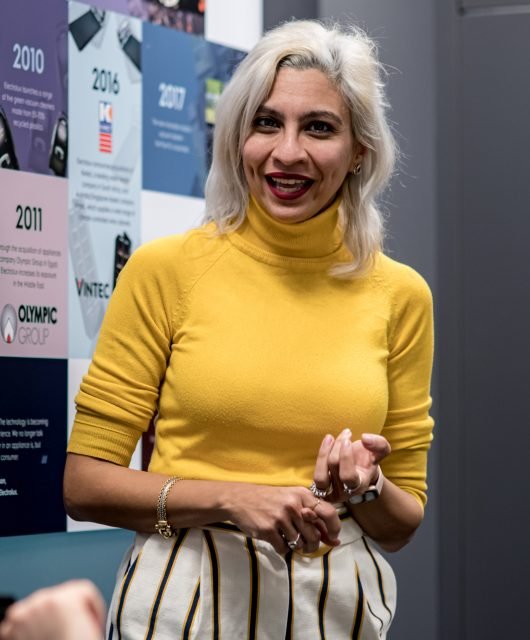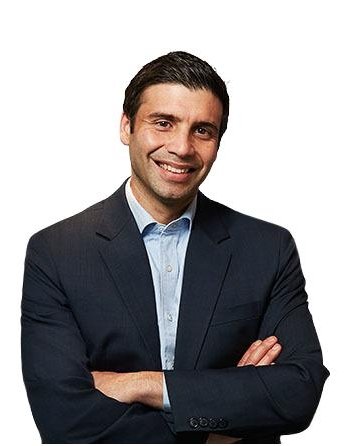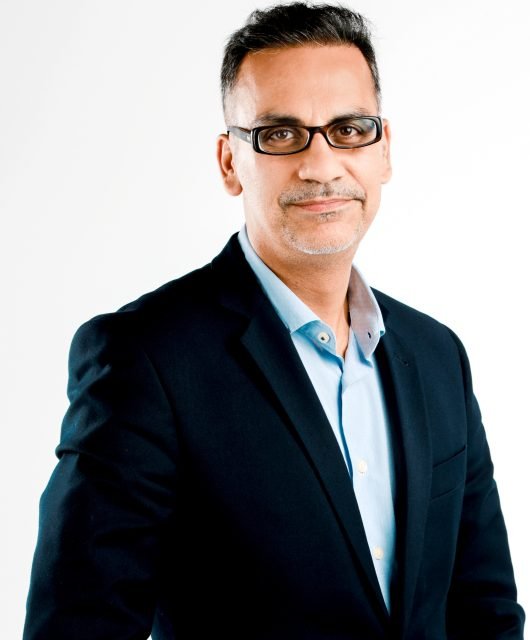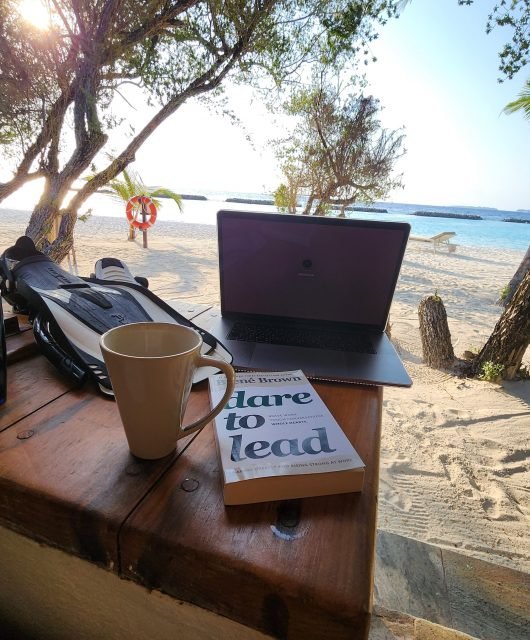How Can We Secure a Sustainable Future for Water in the MENA Region?
By: Gita Ghaemmaghami, Leader, Communications, KSA, GLP, NWA, TR, LIXIL IMEA
It is no surprise that in a region like the MENA, which is already water-scarce, the importance of sustainable water management cannot be more emphasized. This region, characterized by dry climates and rapidly growing populations, faces significant challenges in securing adequate water supplies for its inhabitants. Addressing these challenges requires immediate and sustained action across various sectors of society.

The urgency of the situation is underscored by a recent survey conducted by the GROHE brand as part of LIXIL in collaboration with YouGov. The survey, which included over 7,000 respondents from the UAE, Morocco, Belgium, France, Germany, the Netherlands, and the USA, revealed that a quarter of respondents have experienced the impacts of water stress within the last twelve months. More than half expect these effects to worsen in the next decade. This highlights the serious need for increased awareness and action in water conservation efforts. Despite the growing awareness of water scarcity, the survey found that 27% of respondents are unaware of products that can help them save water. This indicates a significant knowledge gap that must be addressed through education and advocacy. Public awareness campaigns and educational initiatives are essential to inform individuals about the tools and practices that can contribute to water conservation.
One of the most striking findings from the survey is that 74% of respondents would change their water consumption habits if faced with a water shortage in their country, we can observe the willingness of consumers to change their behavior for a better environment. Additionally, 39% of respondents expressed concerns about the future availability of their local tap water and it highlights the importance of saving water as a primary driver of decreased tap water consumption. We need innovative solutions that promote water conservation to address these concerns. Advanced faucet technologies that reduce water flow without compromising performance, water-efficient toilets that minimize water usage per flush, and smart irrigation systems that optimize water use in landscaping are examples of how technology can play a significant role in conserving water. These innovations can help reduce water usage and enhance water safety and quality, providing everyone with the tools they need to make more sustainable choices.
Another important aspect is promoting water reuse and recycling. Companies need to integrate circular economy principles into their product design and manufacturing which can ensure that water resources are used efficiently and sustainably. By focusing on the entire lifecycle of products, from design to disposal, companies can reduce their overall water footprint and contribute to a more sustainable future. We require a collective effort from all stakeholders, including governments, businesses, and consumers to address these challenges. Collaboration is key to developing and implementing solutions that promote water conservation and sustainability. Governments can play a dynamic role by enacting policies and regulations that encourage water-saving practices and technologies. Businesses can contribute by investing in sustainable practices and developing innovative products that reduce water usage. Consumers, on their part, can adopt water-saving habits and use water-efficient products. One example of a company committed to water sustainability is our GROHE brand, part of the LIXIL group. GROHE has implemented several key initiatives aimed at conserving water and promoting sustainability. The “Less Plastic” initiative, for instance, seeks to reduce plastic use in product packaging, minimizing environmental impact. Additionally, GROHE’s Blue and Red water systems are designed to provide filtered and instant cold and hot water directly from the tap, significantly reducing bottled water consumption and associated waste.
We need an active educational campaign to raise awareness about water conservation across MENA to create awareness for consumers and promote sustainable water management practices. These efforts are essential in driving positive change and ensuring that individuals and communities are equipped with the knowledge and tools to conserve water effectively.
The MENA region’s water challenges necessitate immediate and sustained action. By raising awareness, promoting education, and developing advanced technologies, we can empower individuals and communities to manage their water resources responsibly. The collective efforts of governments, businesses, and consumers are essential in conserving water and ensuring a sustainable future for generations to come. By working together, we can make a significant impact in addressing water scarcity and promoting sustainable water management practices.




